EaPEC 2018
17-18 October 2018: Chisinau, Moldova
Hosted by RENAM
The 3rd Eastern Partnership E-Infrastructures Conference included a lively panel discussion about ‘Women in Tech’ and a keynote about the Global Network Architecture. Other topics included e-health, robots & speech, and networks and CERN.
Discover story

All videos can be found on our YouTube Playlist
View playlistRegistration, Coffee & Mingling
Session chairs
Ion TiginyanuCoffee Break
While regional networks like GÉANT and NORDUnet interconnect NRENs within continents, until recently the global interconnect for research and education was rather ad-hoc, mission oriented, and unstructured. The effort of the Global Network Architecture (GNA), started by a number of leading R&E networks world-wide, aims to organise this more efficiently. The goal is to have access to more bandwidth and more resilience, so the NRENs can even better serve scientists, researchers, educators, and students who work in global projects.
This talk will highlight the progress inside the Global Network Architecture effort to date, will look back at past achievements, and will peek into the future of intercontinental R&E networking, highlighting opportunities and challenges.
See session videoSession chairs
Léonie SchäferSpeakers
Lunch
Do national governments in the EaP region recognise that their national research and education network (NREN) is an important national asset? In this session the panel will explore the role of NRENs, their importance in supporting national research and educational communities, and how to sustain their activities in the long term. Questions include:
-
Do you agree that e-infrastructures are essential for modern science and education and that NRENs and GÉANT are integral to the European R&E e-infrastructure?
-
What key factors influence the success and sustainability of national R&E networks?
-
What examples are there of sustainable operation and development from the GÉANT NREN community?
-
What obstacles do EaP NRENs face and how can they overcome them to become sustainable?
-
How do regional initiatives, such as the EaPConnect project, support NRENs in achieving a European-level in developing networking infrastructure and services and promoting regional and international R&E cooperation? Can we identify needs and opportunities for actions by national governments, international funding agencies or donors that can complement or help consolidate the sustainability of national or regional e-infrastructures, including NRENs?
Short break
EOSC-hub support to the European Open Science Cloud Implementation EOSC Hub-Project
The presentation will provide an overview of the H2020 project EOSC-hub and how it will contribute to the implementation of the EC’s European Open Science Cloud (EOSC) initiative. The purpose is to discuss how EaPConnect partners can participate in the EC’s EOSC initiative with the support of EOSC-hub.
EOSC-hub creates the integration and management system (the Hub) of the future EOSC that delivers a catalogue of services, software and data from the EGI Federation, EUDAT CDI, INDIGO-DataCloud and major research e-infrastructures. The Hub builds on mature processes, policies and tools from the leading European federated e-infrastructures to cover the whole life-cycle of services, from planning to delivery.
The Hub aggregates services from local, regional and national e-infrastructures in Europe and worldwide. The Hub acts as a single contact point for researchers and innovators to discover, access, use and reuse a broad spectrum of resources for advanced data-driven research. Through the virtual access mechanism, more scientific communities and users have access to services supporting their scientific discovery and collaboration across disciplinary and geographical boundaries. The project also improves skills and knowledge among researchers and service operators by delivering specialised training and establishing competence centres to co-create solutions.
The project creates a Joint Digital Innovation Hub that stimulates an ecosystem of industry/SMEs, service providers and researchers to support business pilots, market take-up and commercial boost strategies.
EOSC-hub builds on existing technology already at TRL 8 and addresses the need for interoperability by promoting the adoption of open standards and protocols. By mobilising e-infrastructures comprising more than 300 data centres worldwide and 18 pan-European infrastructures, this project is a ground-breaking milestone for the implementation of the EOSC.
Partnership for Advanced Computing in Europe (PRACE)
PRACE is an international not-for-profit association (aisbl) with its seat in Brussels. It has 26 member countries whose representative organisations create a pan-European supercomputing infrastructure, providing access to computing and data management resources and services for large-scale scientific and engineering applications at the highest performance level.
The computer systems and their operations accessible through PRACE are provided by 5 PRACE members (BSC representing Spain, CINECA representing Italy, ETH Zurich/CSCS representing Switzerland, GCS representing Germany and GENCI representing France). Four hosting members (France, Germany, Italy, and Spain) secured funding for the initial period from 2010 to 2015. In 2016 a fifth Hosting Member, ETH Zurich/CSCS (Switzerland) opened its system via the PRACE Peer Review Process to researchers from academia and industry. In pace with the needs of the scientific communities and technical developments, systems deployed by PRACE are continuously updated and upgraded to be at the apex of HPC technology.
Session chairs
Annabel GrantCoffee Break
Research libraries supporting Open Science across Europe
LIBER is Europe’s largest association of research libraries. The organisation was established in 1971 to support the interests of its wide community, which counts more than 400 national, university and special libraries across Europe.
Research libraries play an important role in the European Open Science Cloud and LIBER is supporting them via its 2018-2022 strategy, which sets out a vision for 2022 in which: open access is the predominant form of publishing; research data is Findable, Accessible, Interoperable and Reusable (FAIR); digital skills underpin a more open and transparent research life cycle; research infrastructure is participatory, tailored and scaled to the needs of the diverse disciplines; the cultural heritage of tomorrow is built on today’s digital information.
This talk will focus on the role of LIBER and will address the audience on the implications of a few important developments, such as the proposed copyright reform recently approved by the European Parliament and “Plan S”, which promises to make open access a reality in Europe by 2020.
Cultural heritage on-line: no time to lose
This presentation will provide a general overview of the importance of digitisation of cultural heritage and demonstrate why it should be one of the key activities for content-holding institutions. Best practices and details will be provided on how digitsation can be organised in terms of acquisition, preservation, and on-line accessibility of digitial assets. The presentation will also be based on experiences from multiple deployments of digital libraries / musems / repositories / archives conducted in the last two decades in Poland, as well as on international cooperation in European and worldwide initiatives such as IMPACT Center of Competence in Digitisation, Open Preservation Foundation, DARIAH / CLARIN ERIC and Europeana.
See session videoSession chairs
Hrachya AstsatryanEnd of Day 1
Coffee & Mingling
Lightning talks and posters are great ways for EaPEC participants to share early results, get feedback on shared ideas, find new collaborators from other institutions, and spark conference discussion.
Why NRENs matter
This lightning talk will show the role NRENs play around the world and why their existence in the country should be important to any national government willing to be part of today’s digital economies.
Open Source Geospatial (OSGeo) foundation
This talk will introduce the Open Source Geospatial (OSGeo) foundation, providing a state-of-the-art overview about current developments, challenges and opportunities for collaboration in research, industry and education in Moldova, Europe and beyond.
Benefits of the GÉANT Cloud Framework
This talk shows the benefits of the GÉANT cloud collaboration and the Infrastructure as a Service (IaaS) Framework, describes the available online services and introduces some examples of the use cases.
The importance of music communities
This talk presents the experience acquired in the implementation of audiovisual communication technologies in national music academies of the EaP countries. The talk will underline the importance of Net-ART and the music communities in
creating long-term NREN sustainability, aiming towards regional development and European and international partnerships.
Funding opportunities and options for the establishment of an Academic CSIRT
In 2017 the Cyprus Research and Academic Network, succeeded in submitting a successful proposal through CEF (Connecting Europe Facility), which resulted in the granting of funds. CYNET has, thus, gained the necessary CEF knowhow and is competent in preparing joint proposals and setting up extended co-operations on Academic CSIRT matters. CYNET is open to collaborations, so as to further develop its expertise on cybersecurity, as well as discussing and discovering funding procedures and resources.
Blockchain a turnkey for fraud proof video
The image or video was a solid proof of truth at court, but since video-editing tools have become more and more perfect the digital image lost its power as validation in court.
Now, with the deep fake video techniques even human faces can be swapped in detail view. In order to still have a proof out of surveillance systems, blockchain could be a powerful tool. On the camera there is a hardware rom with a private key, containing camera name, owner and encrypted key. This Key is used for calculating together with a public key, stored in the blockchain a pattern of slightly pitched pixels into the video image, so that it is easy to check if is original video or a modified one. The applications for such a development are endless, from security to surveillance to monitoring of cornfields.
The role of institutions in open data adoption: evidence from transition countries
Over the past 10 years, we have observed significant growth in open data adoption, open data research and higher expectations from open data. However, the little of open data ambitions have been realised particularly in the transition/developing countries. This talk will present the role of institutions in open data adoption to provide more functional open data ecosystem for higher level government data use and reuse.
DICOM Network
“DICOM Network” is an informational system for Medical and Diagnostically institutions for collections, processing and visualization of medical images.
The system includes DICOM Server, DICOM Portal, DICOM Storage, DICOM Desktop viewer, DICOM Web viewer, and DICOM API, those allow covering all the workflow for processing and documentation of medical investigations from collecting investigations from medical equipment to archiving them in the patient medical record.
See session videoThis panel discussion will profile some successful women in the IT Industry who are making their mark on their local tech communities. Key questions will include:
-
What are the current barriers facing women in the IT sector?
-
Is diversity important in this innovative and fast-moving sector – why?
-
Why are role-models important to inspire more girls to enter the world of technology?
-
Can mothers be great hires? Why should you hire them?
Session chairs
Olga PopcovaCoffee Break
To help further promote the benefits of international-scale networking to researchers, EaPConnect collaborates with leading partners to create an exciting opportunity for EaP research communities.
The EYR@EaP organising committee consists of a number of partners from the European NREN community.
This brand new edition of the Enlighten Your Research (EYR) programme invites researchers and their collaborators to submit proposals that highlight how access to advanced networks, technologies and compute would significantly improve their research and discovery process.
In the EYR Award Ceremony, the grants of this year’s EYR@EaP programme will be awarded to their beneficiaries. Afterwards, the beneficiaries will share their proposals in 5-minute presentations to the audience.
-
Vitali Liauchiuk Vasili Kovalev “Deep Learning Applications For Big Medical Image Archives: Detection Of Diseases And Generation Of Artificial Images”
-
Vitaly Yermolchyk “Belarusian WLCG computing facility BY-NCPHEP for research in High Energy Physics”
-
Sergei Zolotarev “Development of a parallel algorithm ILST for the iterative reconstruction of 3D image based on the MPI system”
-
Irma Khachidze “Finding EEG biomarkers of attention deficit hyperactivity disorder (ADHD), epilepsy in clinical settings using neuroinformatics”
-
Dumitru Drumea “Development of educational programs for different target groups of population on environmental management based on the EU environmental Directives”
-
Paolo Girol “MIRCO: Music Instruments Renewal via Contemporary Creation”
-
Adalat Hasanov “Creating A Unified Database Of Well Logs Studying Of Oil And Gas Deposits In Azerbaijan”
Lunch
Cybersecurity
This workshop is an opportunity for an open discussion about different areas of cybersecurity, like access control, mobile security, infrastructure security and intrusion detection, depending on the needs of the participants. The workshop will be interesting for anyone who wants to improve cybersecurity and gain information and best practices from other participants.
Clouds and IaaS
This workshop will introduce cloud technology in general, the GÉANT Framework on Infrastructure as a Service (IaaS), roles of National Research and Educations Networks (NRENS), cloud architects and users. The workshop will be interesting for anybody who would like to improve their knowledge about cloud technology. The format of the workshop is a mixture of presentations and discussion.
NREN Services (GTS and more)
This workshop is about the experience of developing and implementing NREN services such as eduGAIN, eduroam, GTS, Cloud, LoLa , DICOM network. The workshop will be interesting for researchers, official governmental representatives, students, administrators of institutes, stakeholders, scientists, medical organisation representatives, public institution representatives and resource providers. The format is a mixture of presentations, demonstrations and questions.
-
Messaging application as point of entry for Federated Services. Valentin Pocotilenco, RENAM
-
Implementation of Eduroam in RENAM. Alexandru Cacean, RENAM
-
DICOM Network – as a service. Integration of Medical image services in RENAM. Michail Matsenko, RENAM
-
New technologies prospects in arts education of the Republic of Moldova . Victoria Tcacenco, Academy of Music, Theatre and Fine Arts, Moldova
-
GEANT testbed service (GTS) for R&E community. Nicolae Iliuha, RENAM
Session chairs
Irina MikhailavaShort Break
Session chairs
Irina MikhailavaEnd of Day 2
Speakers
Vitali Liauchuk
United Institute of Informatics Problems (UIIP), National Academy of Sciences, Belarus
Impressions of the conference
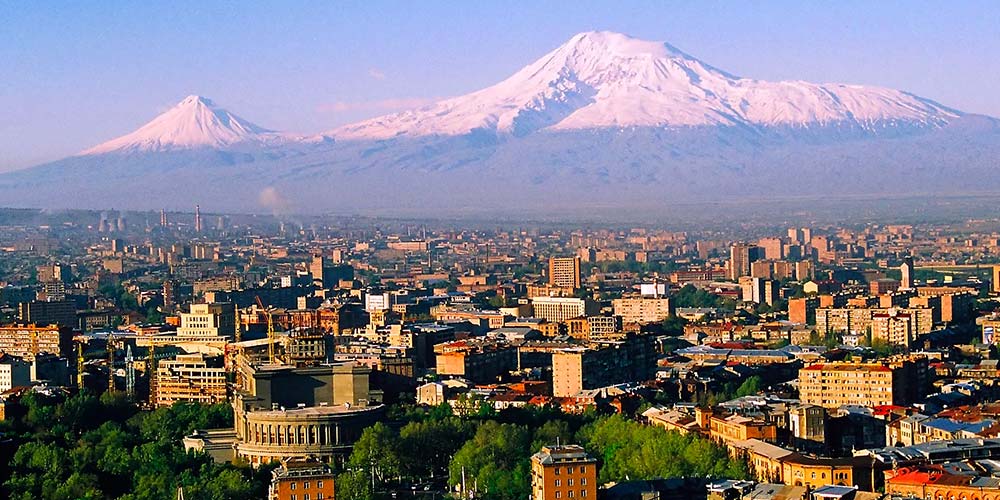
test
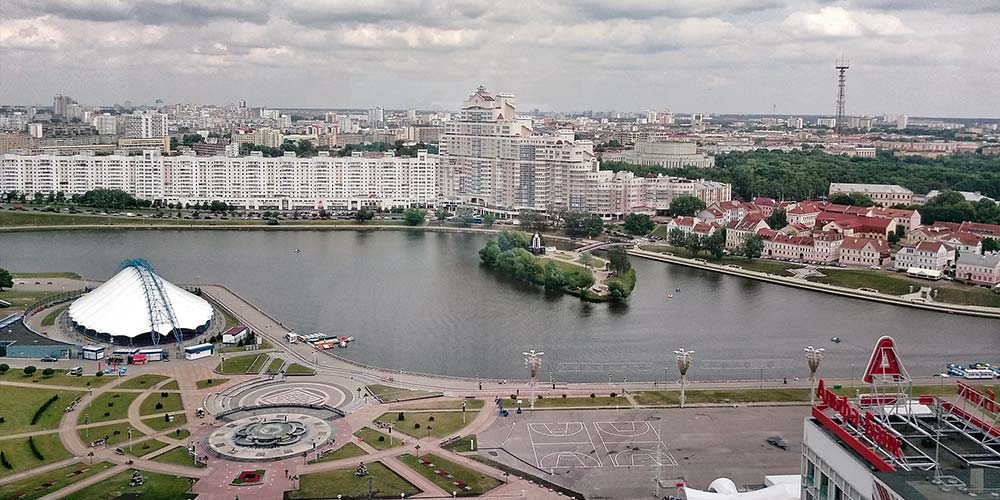
Test test
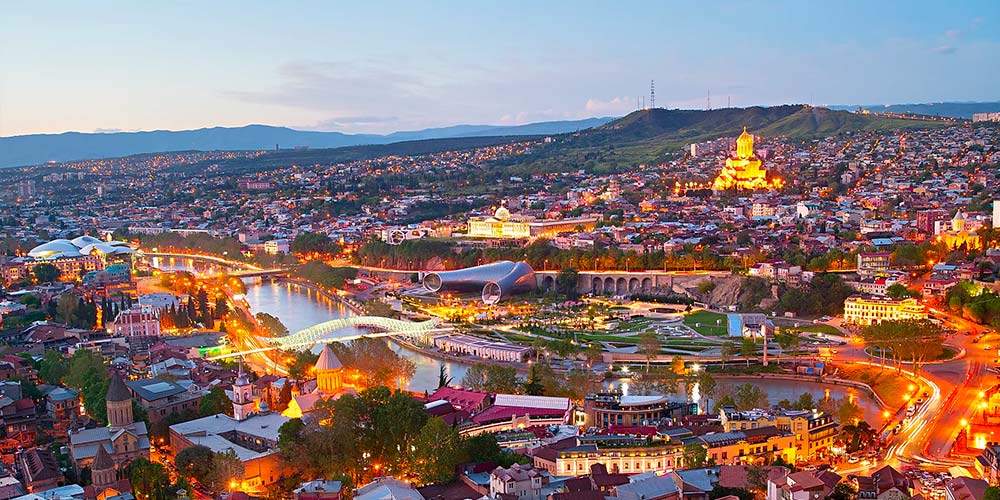
Copyright tekst
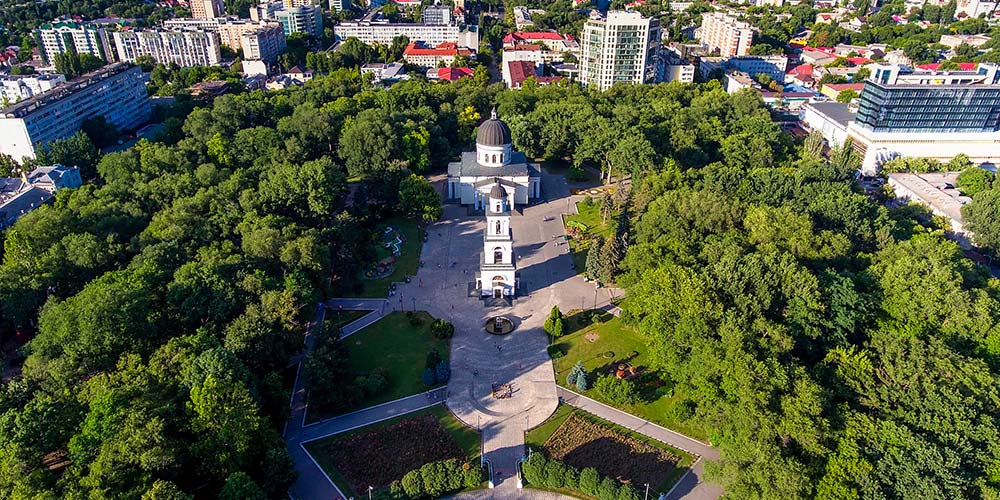
Copyright tekst
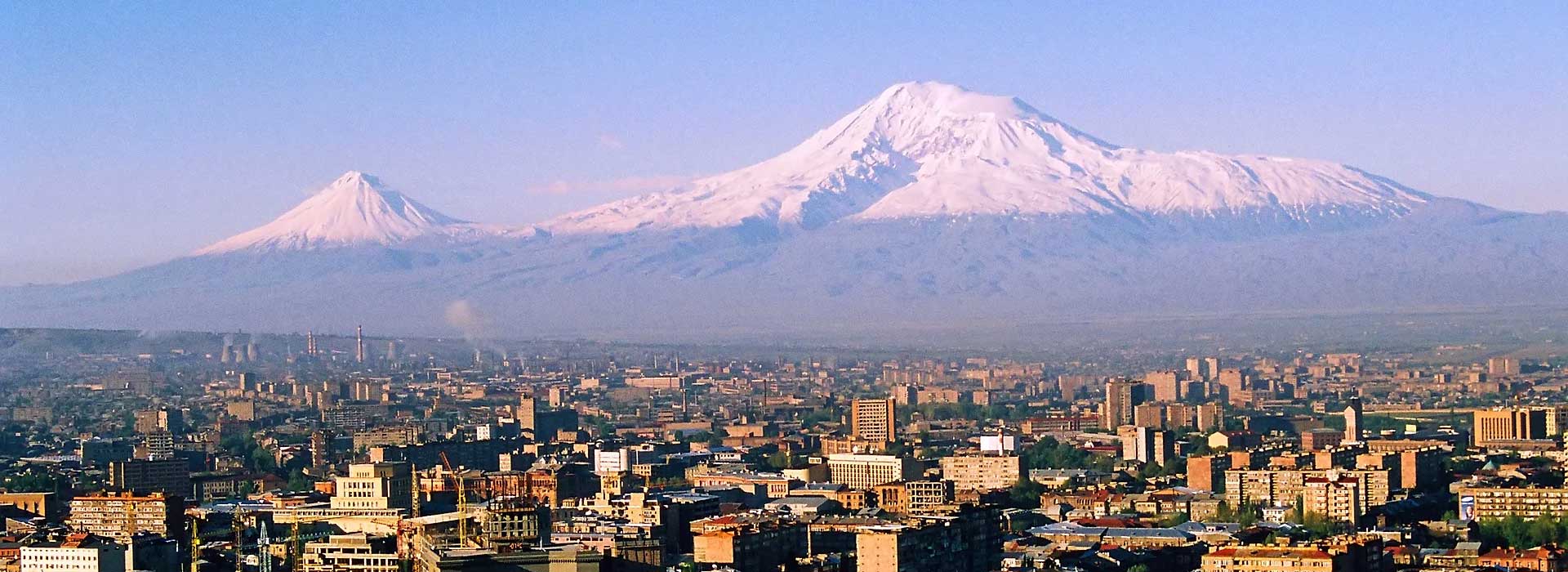
Copyright tekst
Enlighten your Research
A record number of project proposals were submitted for the 2018 Enlighten Your Research programme call in the Eastern Partnership region and seven winning projects were announced during EaPEC 2018.
